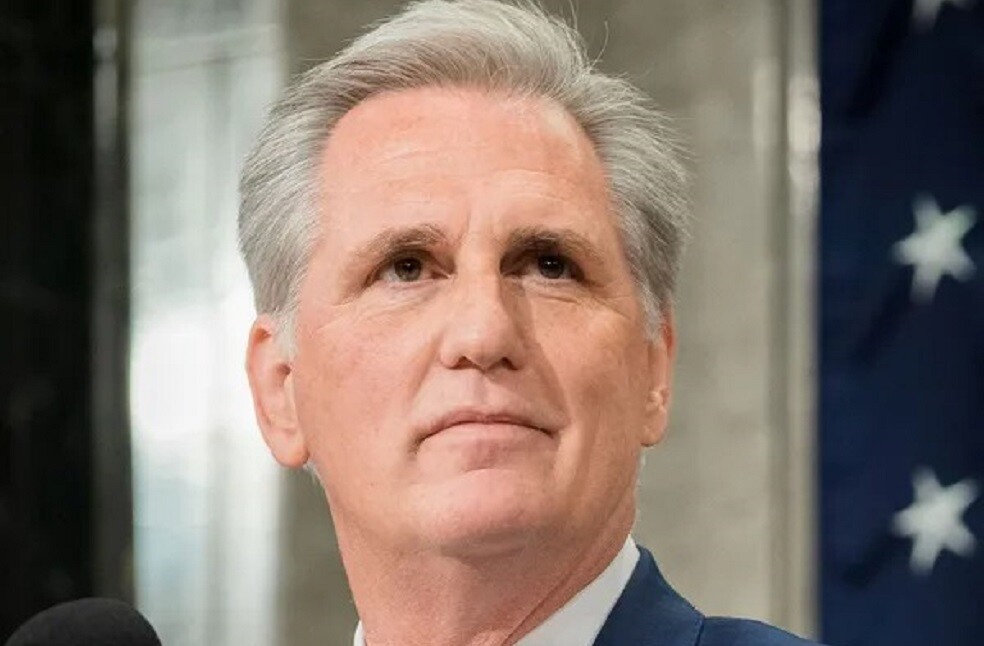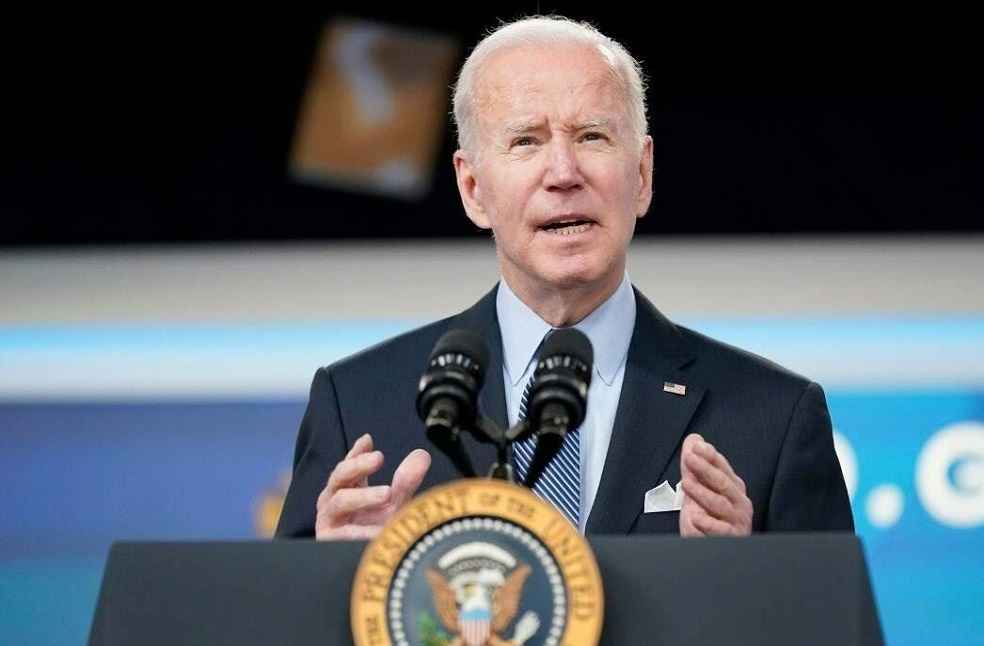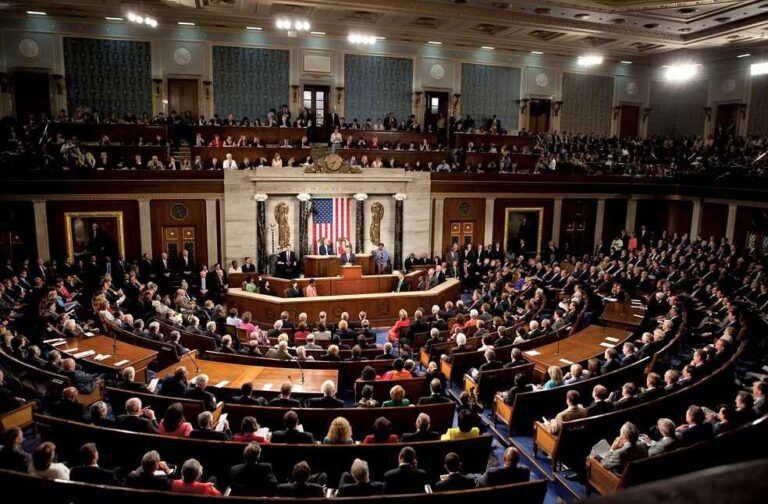The House of Representatives in the United States has voted to approve a bipartisan bill aimed at increasing the debt ceiling. This ceiling sets a maximum limit on the amount of money that the federal government can borrow.
On May 31, the House called for a recorded vote and passed the bill with a majority of 314 to 117.
This vote becomes crucial as the government approaches the June 5 deadline to raise the debt ceiling. Failing to do so could result in the government defaulting on its loans, a scenario that experts warn would have severe consequences for the US economy.

But Republican House Speaker Mr. Kevin McCarthy faced a divided party as he rallied votes for the 99-page deal, which would suspend the $31.4 trillion borrowing limit until January 2025.
Since the announcement of the deal, conservative members of the Republican Party, who are further to the right politically, have strongly criticised the agreement. Negotiations between congressional representatives and the Democratic White House, led by President Joe Biden, took several days to reach this compromise.
Among the criticisms was the fact that the proposed spending cuts were not as deep as many Republicans had hoped.

“This deal fails, fails completely. And that’s why these members and others will be absolutely opposed to the deal, and we will do everything in our power to stop it and end it now,” Representative Mr. Scott Perry of Pennsylvania said at a news conference for the House Freedom Caucus, a far-right bloc of representatives.
Another representative at the press conference, Texas’s Mr. Chip Roy, said that “the Republican Party right now has been torn asunder” by the terms of the deal. “I want to be very clear: not one Republican should vote for this bill. Not one,” Mr. Roy said in defiance of Mr. McCarthy’s efforts.
In the House, Republicans made up about two-thirds of those voting against the bill.



